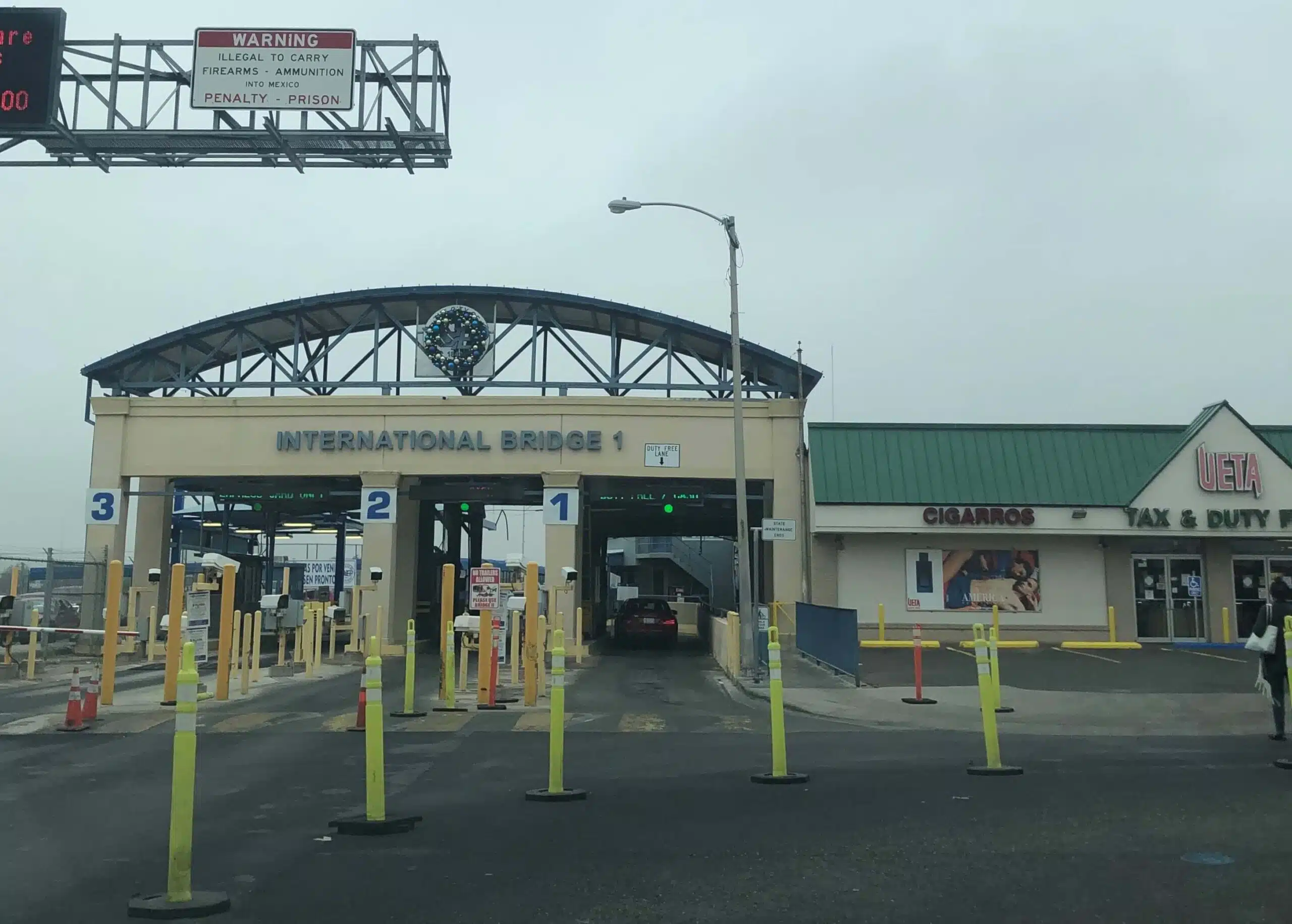Automation
Transformed an outdated manual system through advanced technology that uses real-time data on traffic conditions to automate the metering lights
Security
Integrated multi-dimensional redundancies into the communication, network, and server frameworks to create a more secure and fail-safe system
Streamlined Travel
Decreases congestion and travel times, optimizes merging, prioritizes transit vehicles, and responds to events in real-time to protect travelers
The San Francisco-Oakland Bay Bridge (SFOBB) provides a connection between two of the most populous cities in Northern California, and more than 260,000 cars traverse the bridge every day. Originally constructed more than 50 years ago, the bridge metering system was outdated and had no integrated redundancy to protect against technological or communicative failure.
The SFOBB metering lights system upgrade implementation was completed in October 2021, providing the region with a more dependable, automated, and efficient system as the traffic transitions from the 16 bridge approach lanes to the five bridge lanes. This unique project’s accomplishments are being replicated for other bridges in the Bay Area, and it is currently the only sixteen-lane metered cross section on the continent.
Strategic Project Services
Kimley-Horn operated as the system manager and designer, completing the following services for this innovative project:
- Systems engineering document preparation
- Needs assessment
- Project concept definition
- Systems engineering analysis
- Procurement support
- Final design
- Integration & testing
The SFOBB project involved extensive coordination between the Bay Area Toll Authority and the metering system’s owner, Caltrans District 4. Kimley-Horn also worked closely with consultant and system provider Parsons Transportation Group to transition the system from manual to automated operations via advanced technology. Together, the consultant team creatively adjusted the project phasing timeline during COVID-19 supply chain challenges, helping to maximize efficiency despite external impacts.
Additionally, the team adapted to the dynamic and active bridge operations to minimize disruptions to travelers. This strategic approach required the team to work on the metering lights system primarily at night and partner with the California Highway Patrol to support rotating lane openings and closures for nighttime bridge traffic. The team also leveraged the unique COVID traffic conditions during this time to move the project forward more quickly.
Optimizing Traffic Flow with Innovative Technology
One key update to the system was an innovative fuzzy logic metering algorithm with weighted parameters, which collects real-time data on lane occupancy and multiple other factors to turn the metering system off and on based on traffic conditions. This algorithm improves efficiency for Transportation Management Center operators by automating and streamlining the work that they normally did manually. A performance dashboard also advises operators on real-time traffic conditions, system operations, and historic metrics, providing a clear view of functionality.
Since a primary project goal was to integrate systematic fail-safe measures, the team also implemented multi-faceted redundancy within the communication, server, and networking infrastructure. Additional technological advancements incorporated into this project include variable message signs and software, hardware, and Intelligent Transportation System (ITS) updates. This advanced technology supports a more dependable metering lights system that has a framework in place for emergency situations and system interruptions.
Efficient, Safe, & Sustainable Transportation
The new metering lights system supports streamlined travel from Oakland to San Francisco and prevents congestion on nearby interstates. Additionally, the system prioritizes transit and high-occupancy vehicles, lowering travel times—these integrated efforts directly reduce greenhouse gas emissions from cars stuck in traffic and encourage more carpooling and transit ridership. The metering system can also direct traffic in specific lanes when there are accidents, which allows emergency vehicles greater priority to the area and minimizes the risk of secondary incidents after the initial crash.
The Bay Bridge metering lights system upgrade project has provided an innovative solution to massive population growth in the region, integrating advanced technology and infrastructure back-ups to create a more reliable and safe transportation experience.
Project Recognition
- 2023 American Council of Engineering Companies (ACEC) National Recognition Award
- 2023 ACEC of California Honor Award
- 2022 ACEC of California Bay Bridge Chapter Engineering Excellence Award
- 2022 International Road Federation Global Road Achievement Award



